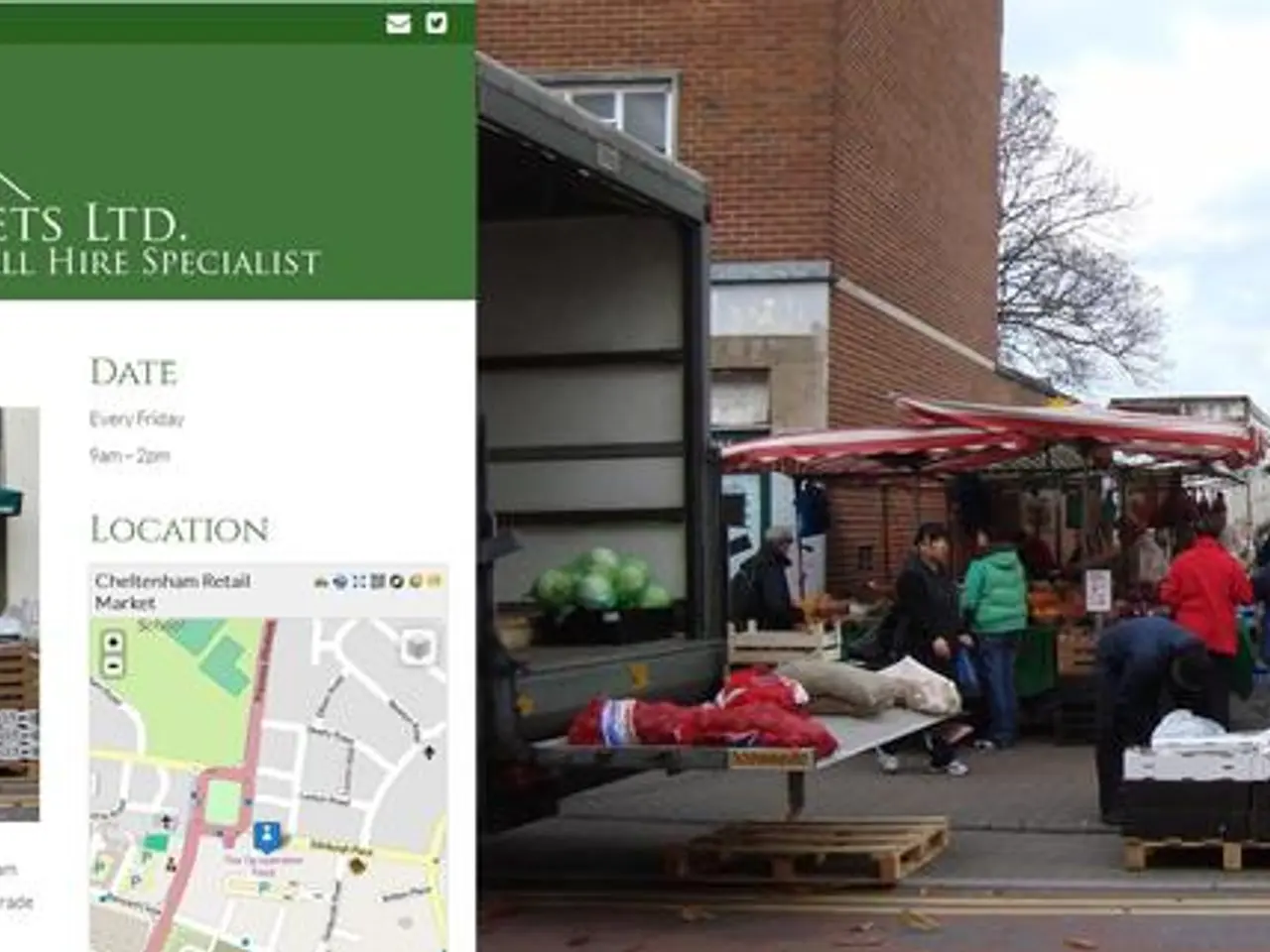Marketing Strategy Roadmap: Amplify Tactics and Outcomes
In the ever-evolving world of marketing, understanding the fundamental principles that guide successful brands is crucial. One such set of principles is the 7 Ps of marketing, an expanded version of the traditional 4 Ps (Product, Price, Place, Promotion). This model, particularly beneficial for service-based businesses, adds three new elements: People, Process, and Physical Evidence.
Product The product, or service, offered by a company, encompasses features, design, branding, packaging, user experience, and product-market fit. In digital marketing, the product ensures the offer remains relevant in a competitive feed.
Price Price reflects the monetary value customers must exchange to access a product. It signals brand positioning and sets expectations about quality and exclusivity. In digital marketing, price supports fast decisions in ad-driven funnels.
Place Place refers to how and where a product is made available to customers. This includes all distribution channels, logistics, fulfillment models, retail presence, e-commerce UX, and omnichannel customer journey planning. Amazon's distribution strategy is an example of effective Place, as they have a wide range of distribution channels to make products easily available to customers.
Promotion Promotion is how a product's relevance and benefits are communicated to the right audience. This includes brand storytelling, channel planning, timing, lifecycle triggers, awareness vs. conversion tactics, and campaign measurement. In digital marketing, Promotion helps cut through noise with precision targeting, increasing engagement, click-through rates, and brand retention.
People People represent the teams and systems responsible for delivering a product's experience. They influence outcomes through service, culture, and direct interaction. In service marketing, People becomes especially important in shaping quality perception, delivery consistency, and trust-building with customers. Ritz-Carlton sets the benchmark for service-based marketing through its people-first culture, empowering staff to deliver exceptional guest experiences.
Process Process refers to internal workflows, systems, and procedures that guide service delivery and customer interaction, ensuring consistency and reducing operational errors.
Physical Evidence Physical evidence includes visible, tangible elements that shape how customers perceive a brand. This can include store design, packaging, and digital layouts. In digital environments, Physical Evidence offers structure and clarity, helping brands align creative messaging, technical execution, and customer experience into a unified plan. Nike's content is structured to connect product benefits to a deeper customer purpose, not just features, while Nike's promotion strategy combines emotional storytelling, high-profile endorsements, and digital engagement to build a powerful brand narrative.
By evaluating each P as a lens, businesses can uncover gaps, stay focused on what drives sustainable growth, and create a more comprehensive strategy to enhance customer satisfaction and competitive differentiation. Tools like HubSpot CRM, MailerLite, and Snov can support various aspects of the marketing mix, including product development, promotional strategies, and outreach and contact management.
The 7 Ps of marketing aren't outdated; they're evolving tools that help digital-first brands anchor their strategies in proven fundamentals. Brands like Apple and IKEA have used the 5 Ps to dominate their markets, with Apple focusing on sleek design, user-friendly features, and constant innovation, while IKEA uses a cost-leadership pricing strategy to make stylish, functional furniture accessible to the mass market.
In summary, the 7 Ps of marketing for service-based businesses are: - Product - Price - Place - Promotion - People - Process - Physical Evidence
These additional elements help service businesses manage customer experiences and build trust through quality service delivery and environment cues.
Read also:
- Show a modicum of decency, truly
- Latest updates for July 31: Introduction of Ather 450S with expanded battery, unveiling of new Tesla dealership, and additional news
- VinFast's debut EV plant in India, Tata Harrier EV distribution starts, next-gen Mahindra Bolero sightings caught on camera
- Tesla-powered residences in Houston create a buyers' frenzy







